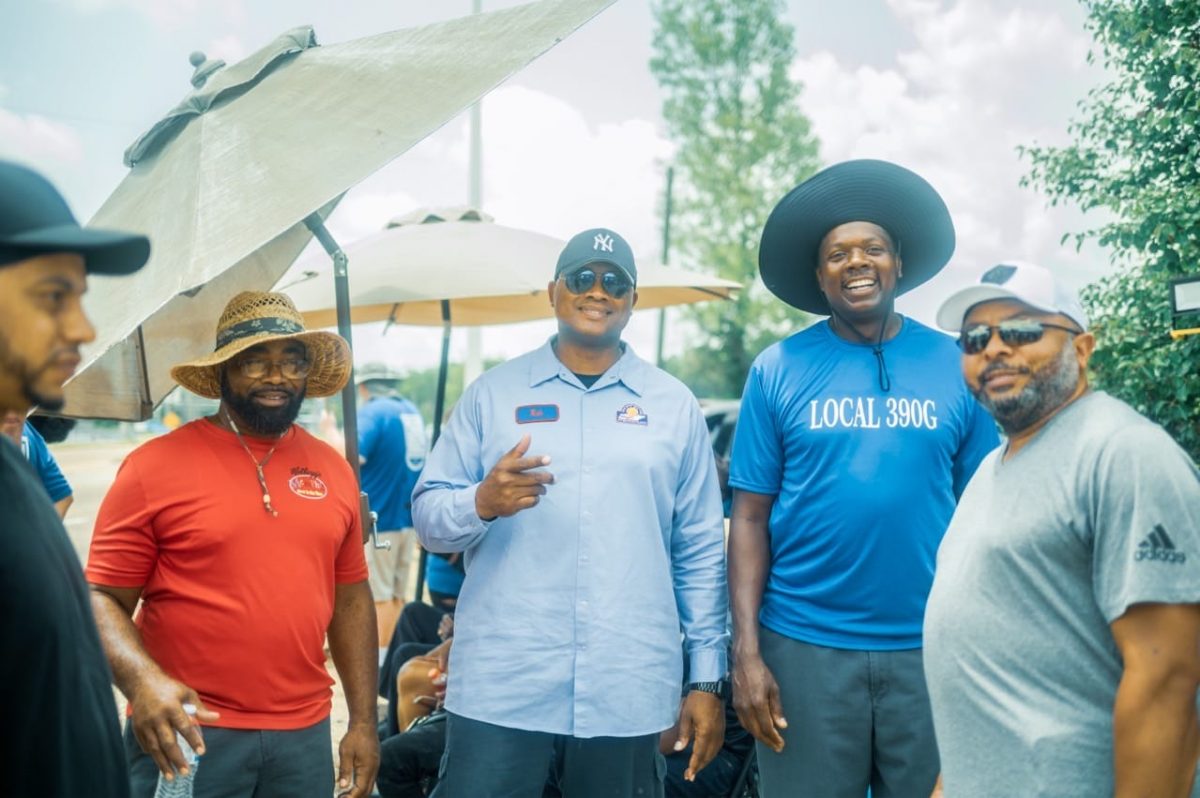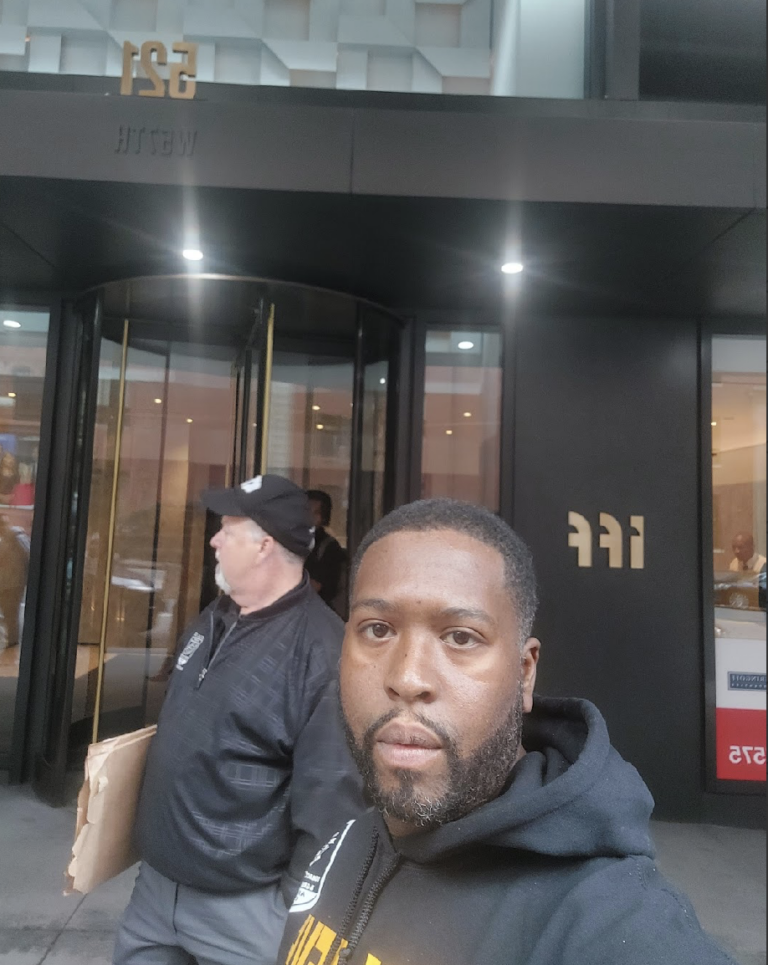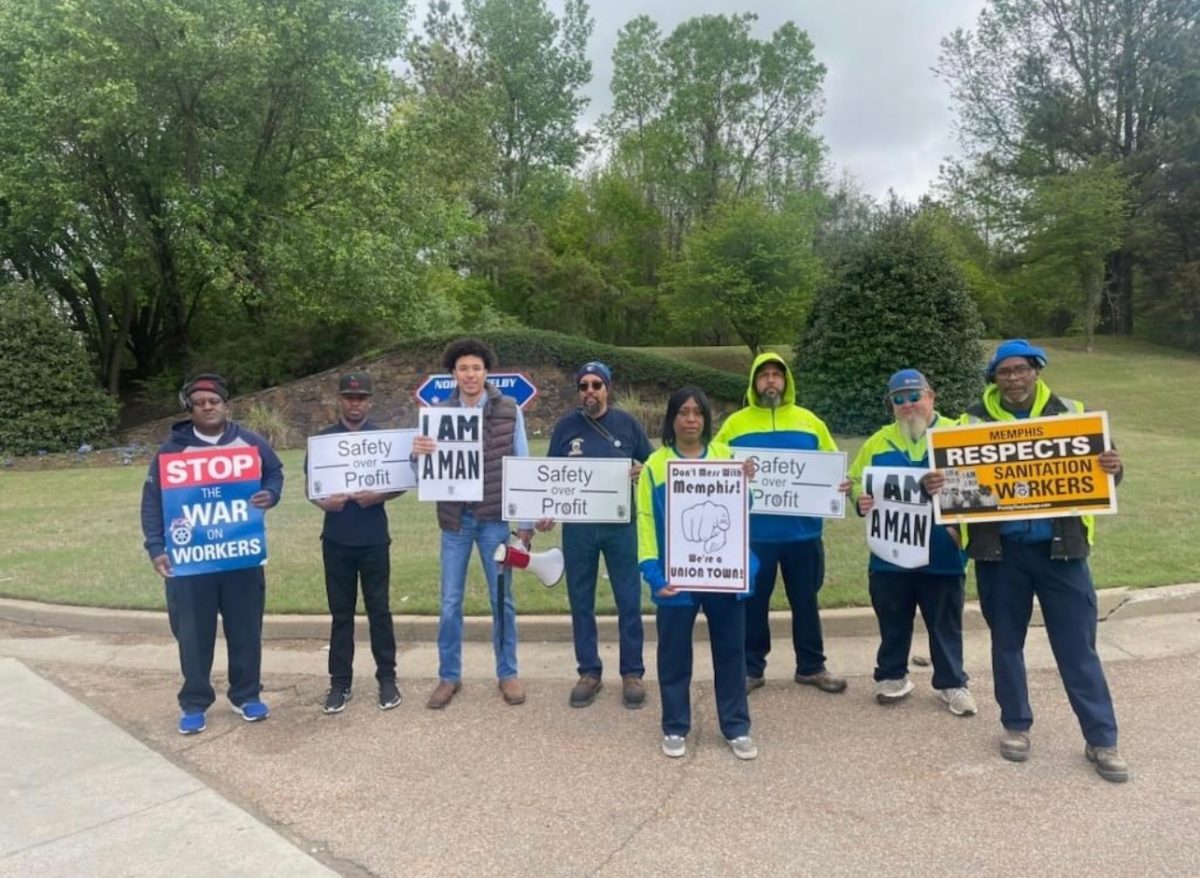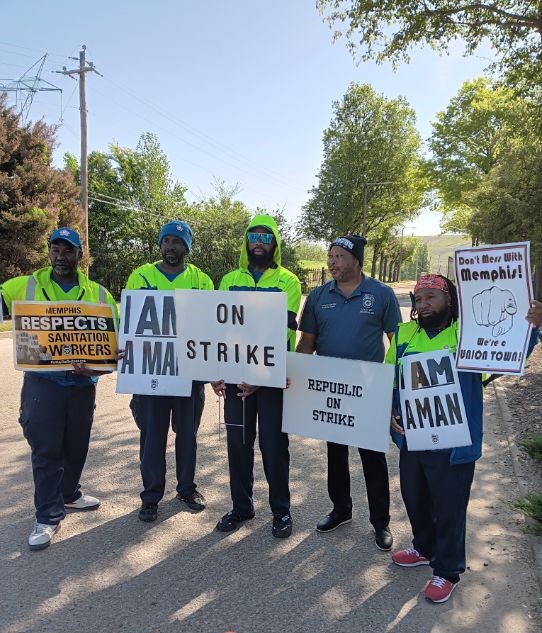“The reality is companies have choices when it comes to where to invest and bring jobs and opportunity. We have worked tirelessly on behalf of our constituents to bring good-paying jobs to our states. These jobs have become part of the fabric of the automotive manufacturing industry. Unionization would certainly put our states’ jobs in jeopardy.”
Sounds just like the kind of statement a well-paid automaker CEO would make when faced with the prospect of his company’s lowly worker bees forming a union. Except in the preceding case, it’s the kind of statement six Southern Republican governors would — and did — make at the prospect of the United Auto Workers unionizing a car-manufacturing plant in their state.
The governors — of Alabama, Texas, Georgia, Mississippi, South Carolina, and, of course, Tennessee — were getting the vapors over the notion that factory workers would dare to organize for better working conditions. “Lawsy mercy,” said Tennessee Governor Bill Lee, in a statement. “We cain’t have no communist unions moving into our bidness-lovin’ Land o’ Cotton™. Old times here are not forgotten! Next thing you know, these uppity workin’ folks will be wantin’ gummit healthcare and decent public schools and gun reform.” Okay, ol’ Voucher Bill didn’t really say that, but he sure as hell thought it. And to be fair, he wasn’t the first Lee to get his butt kicked by a union.
Here’s another gem from the governors’ statement: “We want to keep good paying jobs and continue to grow the American auto manufacturing sector here. A successful unionization drive will stop this growth in its tracks, to the detriment of American workers.” Right, because you clowns are always all about the “workers.”
The scare tactics didn’t work. Employees at the Volkswagen plant in Chattanooga voted by a three-to-one margin to join the United Auto Workers last Friday, making their factory the first in the South to unionize since the 1940s.
It’s no wonder the governors were scared. The GOP economic model is to keep workers underpaid and uneducated, grateful for any crumbs their corporate overlords deem them worthy to receive. In return, the politicians get fat corporate “contributions” and corporations get sweet tax breaks to move into the states of the old Confederacy. When it comes to workers’ rights, the mantra for those at the top of this pyramid scheme is, “Look away, Dixieland.”
Another vital part of the GOP’s strategy has been to keep working-class Americans fighting amongst themselves, mostly by exploiting racial division. Gotta make sure the MAGA whites stay mad at the African Americans and the Latinos. And vice versa. The GOP knows that if all those folks ever organized to challenge the game being played on them, well, it could get ugly for their overlords.
That’s why it was so edifying to see videos of the Volkswagen plant workers — white, Black, and brown — celebrating their successful union vote with fireworks, chants, and cheers. They were celebrating getting a voice in their workplace, including better healthcare and retirement benefits, and more paid time off. They were celebrating getting some skin in the game.
Current wages for workers in Chattanooga range from $23 to $32, according to Volkswagen. The UAW noted that following their strikes last year against Ford, General Motors, and Stellantis, wages for the highest-paid production workers at those plants rose to more than $40 an hour, plus improved benefits. Fireworks, indeed.
Interestingly, Volkswagen said it respects its workers’ right to determine who should represent their interests. “We fully support an NLRB vote so every team member has a chance to vote in privacy in this important decision,” the company said. It’s almost like the state governors were fear-mongering or something. Or maybe the company actually respects its workers. What a concept.
Next up for the UAW — which says it plans to try to unionize a dozen Southern automaker facilities — are two Mercedes-Benz plants in Alabama, where a vote on unionization will take place in mid-May. The UAW says a majority of workers at those plants have already signed authorization cards supporting union membership.
The results of the Volkswagen vote, could have far-reaching consequences for the labor movement in the region, said Stephen Silvia, a professor at American University who was quoted in a recent Washington Post article: “If the UAW can prevail,” he said, “it means that the Volkswagen victory isn’t an anomaly and we’re really seeing a turnaround in attitudes in workers in the South.”
If so, it’s kudos to Tennessee’s auto workers for standing up to the governors and for leading the turnaround in attitudes toward workers’ rights. And here’s hoping Alabama can keep the momentum going. Roll Tide.




